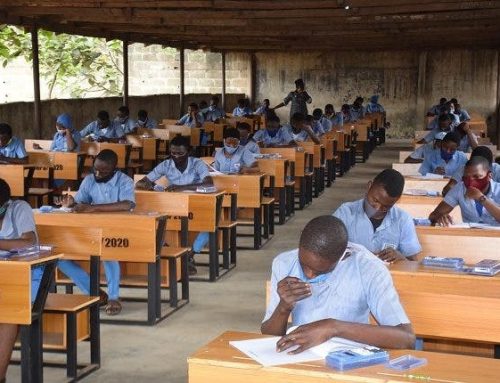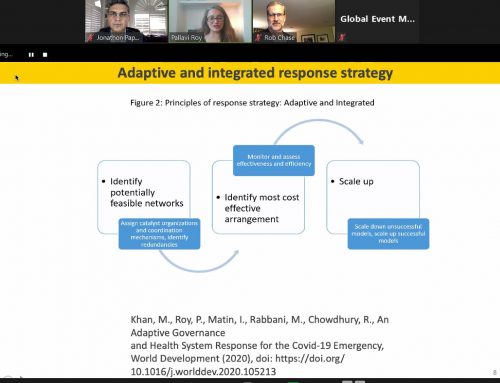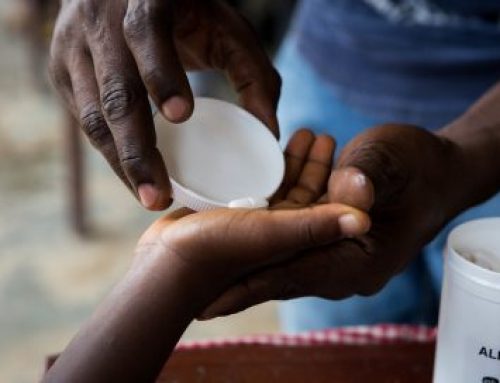Research partners:
- Health Policy Research Group (HPRG), University of Nigeria, Nsukka (UNN)
Principal investigator: Professor Uzoma Okoye
Co-principal investigators: Dr Chidi Nzeadibe and Prince Agwu
Summary
The education sector is among the five most corrupt sectors in Nigeria. The country ranked first in the 2012 global examination malpractice index and one of the reasons for this is the wide prevalence of examination fraud. Some private secondary schools in Nigeria are involved in examination malpractice whereby secondary students can register for the secondary school final examination for an inflated examination fee and be assured of success, irrespective of merit. These so-called ‘Miracle Examination Centres’ (MECs) mostly associated with private secondary schools have created asymmetric opportunities for candidates who sit for Senior Secondary School Certificate Examination (SSCE) conducted by the West African Examination Council (WAEC) and National Examination Commission (NECO).
Why the private education sector?
The education sector contributes close to 2 percent of Nigeria’s GDP and private schools are an important part of the sector. Research shows poorer families, especially in more productive states like Lagos send their children to private schools in the hope that a higher quality of education will be provided. This stems from a perception that private schools deliver better quality than government schools. This makes tracking the private secondary education sector even more imperative.
Mechanisms of fraud
Malpractices during exams frequently take the form of using smart devices to access questions online while bribing officials, utilising ‘proxy’ candidates, accessing questions before the exams where schools have the requisite connections, and sometimes even threatening examiners with bodily harm.
The corruption issue
Irregularities in the conduct of WAEC and NECO examinations in these private secondary schools help candidates obtain the required number of credits regardless of merit, which in turn identifies the school as a ‘miracle centre’. As a result such private school attract more candidates during examination periods, and this implies more earnings for them.
The corruption issue we are exploring is that political connections allow some private secondary schools to offer successful results irrespective of merit, disadvantaging a substantial section of students in secondary schools either unable or unwilling to take part in such malpractices.
Our research aims to unpack the socio-political distribution of power within communities and at the macro political level that allows such practices to be followed. Private schools are part of a large and unorganised market in Nigeria and this leaves scope for significant distortion of rules. Some of this undercutting takes place via informal connections and these mechanisms remain under-researched in the Nigerian context. Our research hopes to make a contribution by identifying the distribution of formal and informal organisational power behind the success of these ‘miracle centres’ and identify appropriate anti-corruption solutions in line with the SOAS-ACE framework.
The research project
The project focusses on private secondary schools-sponsored examination malpractices during WAEC and NECO examinations that in a bid to make for themselves as ‘miracle centres’. We have chosen this study as the corruption is addressable owing to the availability of stakeholders ready to combat the malpractice. However the feasibility of this approach will become clearer as the research progresses.
The research will use a combination of a systematic literature review, qualitative and quantitative research methodology including gender dynamics to answer the main question ‘What are the political economy drivers of Nigeria’s “miracle centres” and how can feasible anti-corruption strategies be designed to counter them?’
This research project is one of nine projects from our grants scheme that aim to tackle corruption in the private sector.






